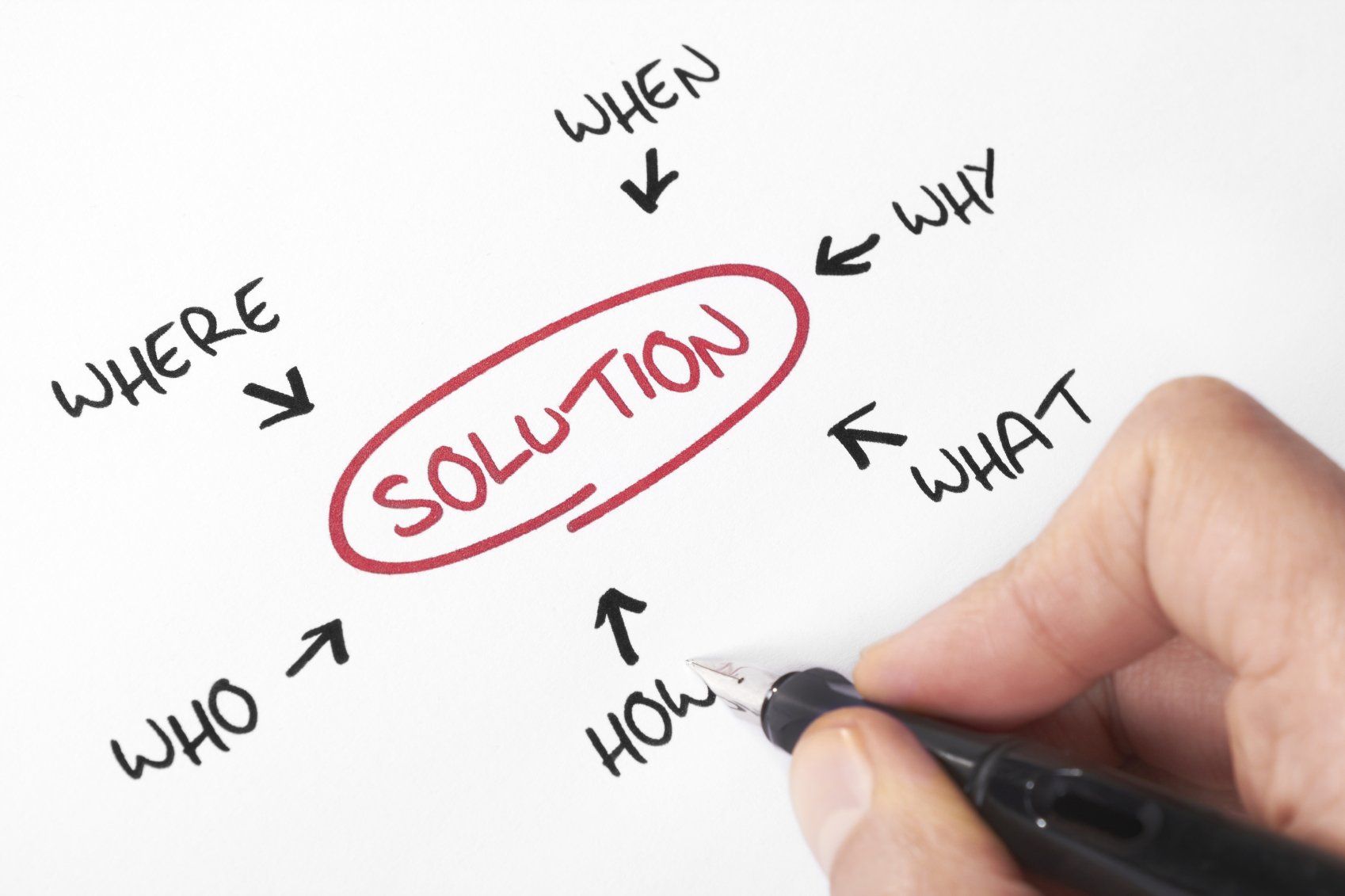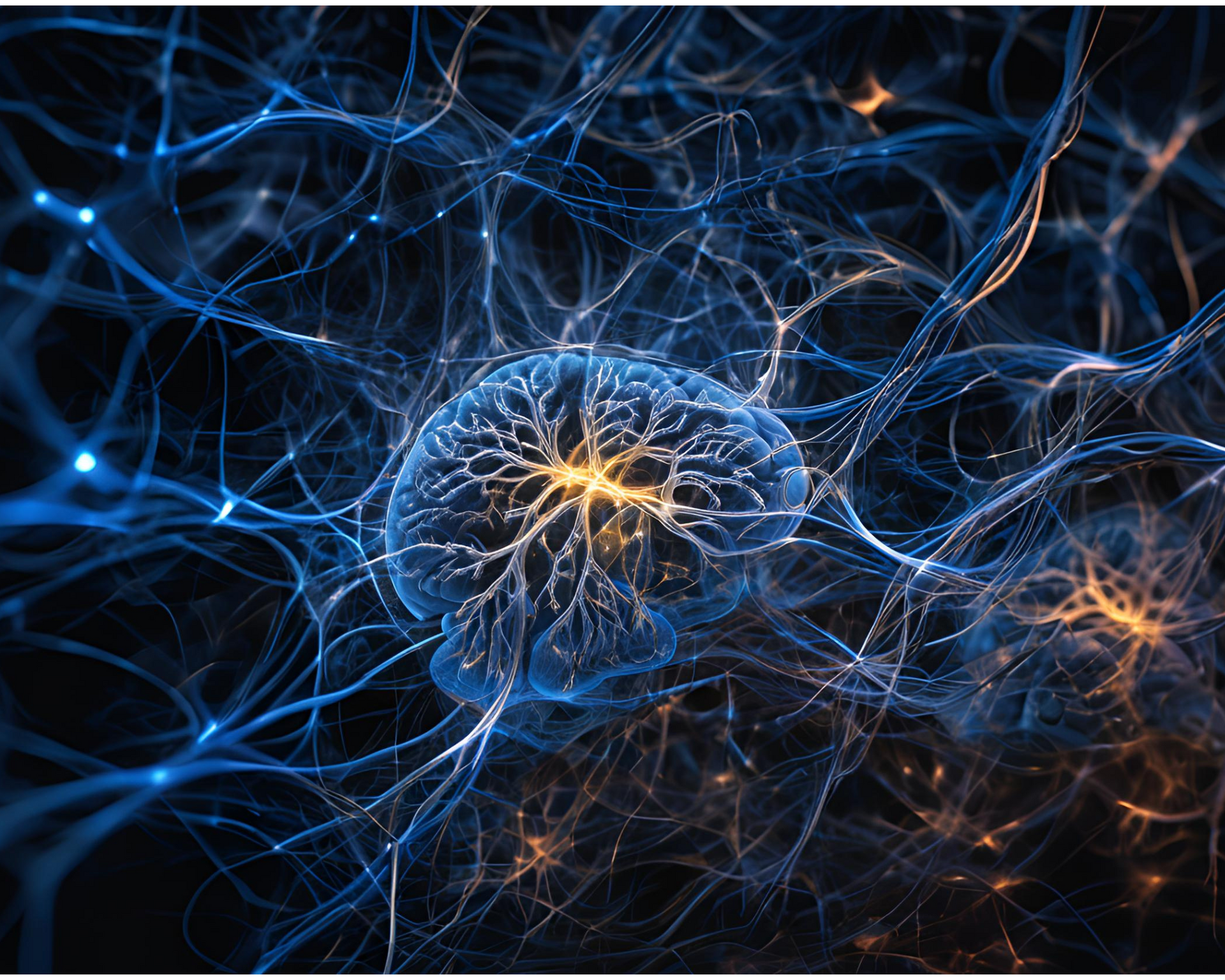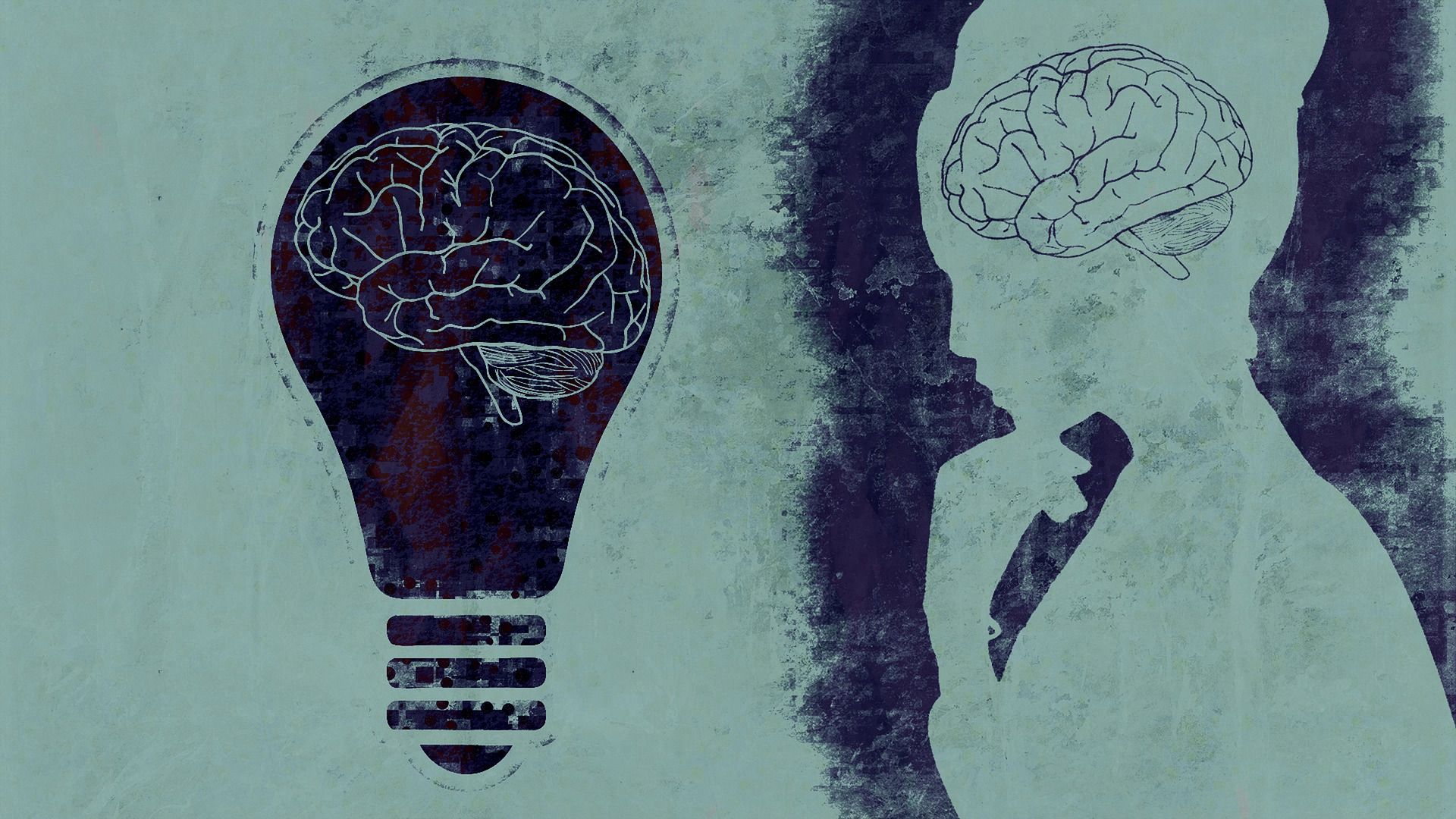Micro-dosing: Science or myth?
One little dose at a time

From the macro dose to the micro-dose
Alongside the studies and trials on the effects of a moderate or big dose of these substances, is an increasing interest in the use of very small doses of the same substances, or what is called a “Micro-dose” which is a very tiny dose, generally between 5 to 10% of a standard dose, that doesn’t produce neither a strong perceptible effect nor a hallucinatory effect, but still brings a lot of benefits on different levels.
Science or magic? How does a micro-dose affect us?
An international study led by UBC Okanagan researchers and published on Nature.com suggested that repeated use of a tiny dose of psychedelics such as LSD and psilocybin can be a valuable tool for those living with depression or anxiety.
“These findings highlight adults who are microdosing to treat their mental health conditions and enhance their well-being—rather than simply to get high,” says Dr. Zach Walsh, a psychology professor at UBCO.
“We have an epidemic of mental health problems, with existing treatments that don’t work for everyone. We need to follow the lead of patients who are taking these initiatives to improve their wellbeing and reduce suffering”.
“Considering this is the largest psychedelic microdosing study published to date, the results are encouraging,” says UBCO doctoral student and lead author Joseph Rootman.
“In total, we followed more than 8,500 people from 75 countries using an anonymous self-reporting system—about half were following a microdosing regimen and half were not,” Rootman explains.
“In comparing micro-dosers and non-microdosers, there was a clear association between micro-dosing and fewer symptoms of depression, anxiety, and stress—which is important given the high prevalence of these conditions and the substantial suffering they cause.” He adds.
What happens on a molecular level, upon ingesting a micro-dose?
The primary target of classical psychedelics is the serotonin 2A receptor (5-HT2A).
Almost all areas of the central nervous system have serotonin receptors, that respond when serotonin is released, or when a psychedelic binds to it.
“When psychedelics activate the serotonin system in our brain, a cascade of events flow” states David E. Nichols in his article.
Dysfunction of the serotonergic system is linked to many psychiatric conditions as serotonin is implicated in the majority of the physiological functions including eating, sleeping, cognition, thermoregulation, mood, and stress response.
Science lacks sufficient research on what happens in our brain when a micro-dose is taken, but given the importance of serotonin and the direct relationship of its receptors with psychedelics, it seems plausible that even a tiny dose, helps in calibrating the system.
On the other hand, researchers have proved the effect on animals, and claim through their study that “serotonergic psychedelics increase neuritogenesis, spinogenesis and synaptogenesis and Noribogaine, and not Ibogaine, is capable of promoting structural neural plasticity”
Even though the positive effects of microdosing psychedelics are obvious in most cases, including mine, and are the catalyst for opening new doors of drug development research, scientists believe that more studies are needed to know if microdosing could be used as a medical treatment; but in reality, should we wait?
To learn more about microdosing, check out my Microdosing guide here and claim your guide, for FREE!
Want some inbox love?
Join my mailing list!




















